KUALA LUMPUR: Police yesterday stopped a march by a group of indigenous people seeking greater protection of their rights.
The memorandum was to urge the government to honour the United Nations Declaration for the Rights of Indigenous People (DRIP), to which Malaysia is a signatory.
Their demands included the establishment of an Orang Asli native court in Peninsular Malaysia, the repeal of laws which marginalise the Orang Asal or indigenous people and an end to the government's practise of leasing native customary rights land without consulting native communities.
Today is the first anniversary of the DRIP.
However, police ordered the group to disperse just as it stepped out of the building at 10.15am.
They claimed that police had earlier assured them that the march could go on.
"We were given assurances this morning.
"All we want is to walk to the palace to hand over the memorandum," JOAS president Adrian Lasimbang said.
Lasimbang said JOAS had sent letters to the authorities and palace officials two weeks ago to notify them of the march.
"But the police only responded two days ago. They sent us a letter asking us to go to the police station."
Dang Wangi police chief ACP Mohamad Zulkarnain Abdul Rahman said the police stopped the march because the organisers had failed to obtain a permit.
Forced to disperse, the group retreated into the Central Market building.
There, Lasimbang and two other JOAS representatives briefed the media on the contents of the memorandum.
The nine-page memorandum highlighted articles from the DRIP and the plight of the indigenous peoples of Malay-sia.
Among the issues were encroachment on native customary rights land, violation of the right to self-governance and pressures to assimilate.
"JOAS has carried out a study comparing the declaration with local policies concerning Orang Asal," said Lasimbang.
"It is sad that the policies don't meet the standards. We Orang Asal have been marginalised for so long.
"The government has a commitment to implement all policies according to the declaration
"The handing over of the memorandum to the king is a symbolic gesture.
"We want to create more awareness about our problems and hope the public will respect us," JOAS member Mark Bujang said.
He said the Orang Asli had been labelled "anti-development and anti-establishment" for decades.
"We're not anti-development. We just want it on our terms and any development must benefit our communities.
"We want to be included in the decision-making process."
Bujang said native land issues were especially important because the Orang Asli's identities were related to the land.
"Our lives are tied to the land. Land is sacred to us. How can you take our native land from us?"
Lifir Tangkak from the Jakun settlement of Kampung Buluh Nipis, Pahang, took an eight-hour bus ride to lend his support to the cause.
"The authorities don't recognise our rights. They take our land indiscriminately.
"This must stop," the 70-year-old said.






























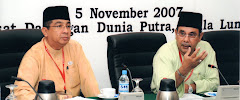


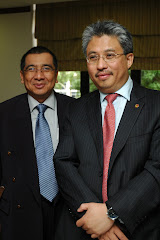
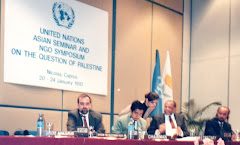
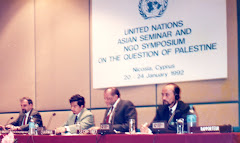

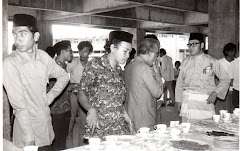
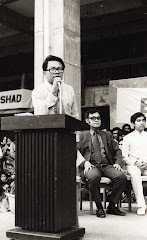


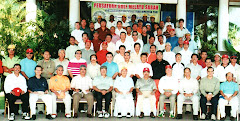





No comments:
Post a Comment